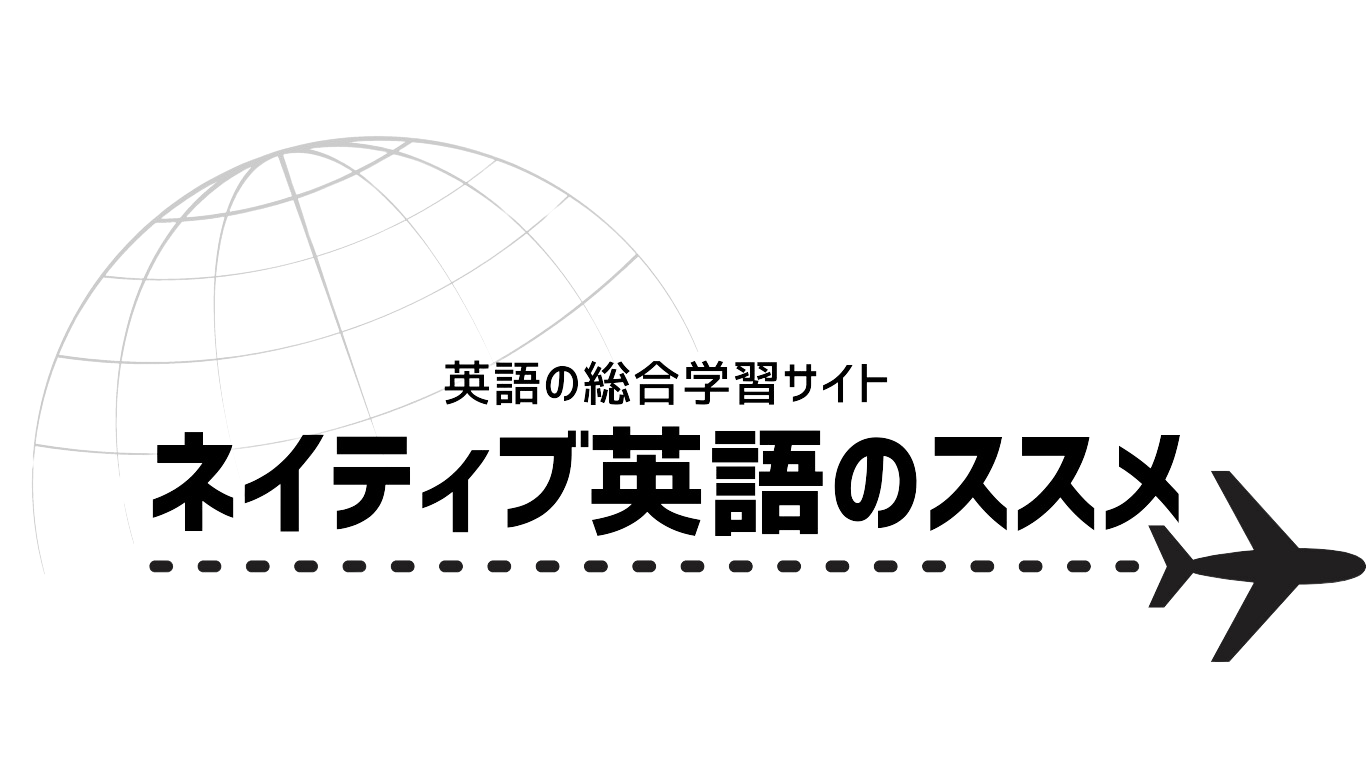無料動画講座|通訳者が教える「英語の組み立て方」全4本公開中
独り同時通訳:彼女が健康でいられる理由

Question
①彼女はとてもエネルギッシュな女性でした。②彼女が14歳のときにはスケートボードを始め、20歳のときには地域のボランティアに参加をしていました。③1983年3月23日に愛知県で生まれ、彼女はそこから一度も県外に出ることなく結婚をしました。④現在彼女は80歳ですが、一度も深刻な病気にかかったことはありませんでした。⑤ニンニクやオリーブオイル、そして魚といった食事も彼女の健康に一役買ったかもしれません。⑥「これが私のしてきたことよ。私がその証明よ」、彼女は言いました。⑦ある医者は言いました、「彼女はいつも個人的な喜びを最優先にしている。だから彼女は健康でいれるんだ」。
Answer
①She was a very energetic lady. ②she was 14 when she started skateboarding, and 20 when she participated in local volunteer work. ③Born in Aichi on March 23rd, 1983, She never left the prefecture and got married. ④She is now 80 and has never had a serious illness. ⑤The diet of garlic, olive oil, and fish may have helped her to be healthy. ⑥”This is what I’ve done. I’m the proof.”, she said. ⑦A doctor said, “She always gives the top priority to her personal gratification, which makes her stay healthy.”
Notes
②and 20 whenの部分は、and (she was) 20 whenが省略されています。
③Born in Aichiは分詞構文です。Bornの前にはBeingが省略されていますが、Being+過去分詞に関してはこのように省略をすることが普通です。
⑤The dief ofで、「~の(を使った)食事」という意味です。「~に一役買った」は日本語特有の表現なので、これをそのまま直訳してはいけません。これは発想を変えて、「彼女が健康でれるのを助けた」とします。helpの語法は、help+目的語+(to) doです。
⑦「~を最優先する」はgive the top priority to~です。「個人的な喜び」はpersonal gratificationとしていますが、簡単な表現はpersonal happinessです。whichの前にあるコンマは、関係代名詞の非制限用法を示しています。
